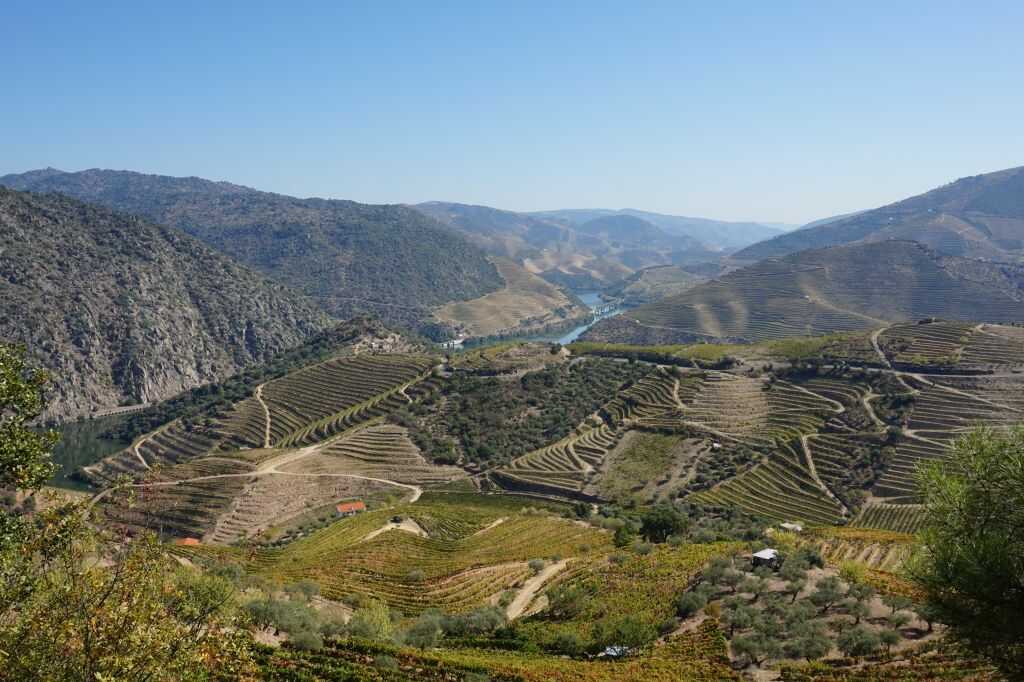Grapevines have been grown in Portugal since ancient times. The writings of Strabo of Amaseia, the great geographer of ancient Greece, prove that the inhabitants of the northwest of the Iberian Peninsula drank wine two thousand years ago. The Romans, who came to Portugal in the 2nd century BC and remained there for more than five hundred years, laid the foundation for the cultivation of vines on the banks of the Douro Valley, where wine is finally produced to this day.
During the period of prosperity that followed the establishment of the Kingdom of Portugal in 1143, wine became an important export item. However, the emergence of Port as we know it today did not occur until much later. The first wines referred to as „Port“ originated in the second half of the 17th century.

The Treaty of Windsor in 1386 confirmed a close political, military and trade alliance between England and Portugal. One of the provisions of this agreement has also significantly strengthened the rights of English traders to move freely on Portuguese territory.
These opportunities and strong trade ties have led to many English settling here permanently. In the second half of the 15th century, a significant amount of wine traveled from Portugal to England, often in exchange for salted cod, known in Portuguese as bacalhau.
The Anglo-Portuguese Trade Treaty of 1654 created new opportunities for English and Scottish merchants living in Portugal. They now had special privileges and preferential tariffs.
At that time, it was not the center of trade in Porto, as it was later, but the coastal town of Viana do Castelo, whose convenient location at the wide mouth of the Lima River was a safe shipping port. Traders imported commodities such as wool and cotton fabrics from England and exported grain, fruit, oils and what was known as „Portuguese red“ – a light, dry wine made in the Minho area, especially around the towns of Melgaço and Monção.